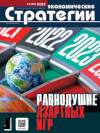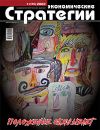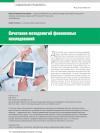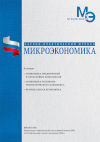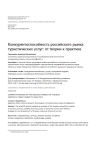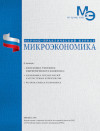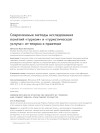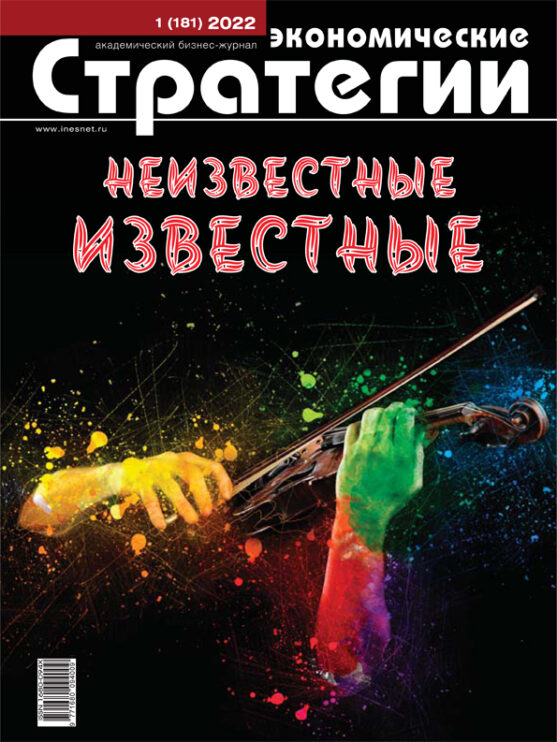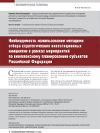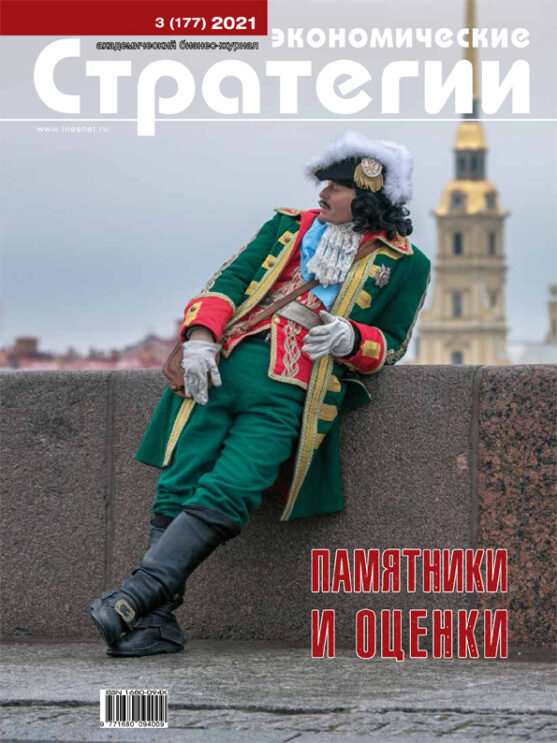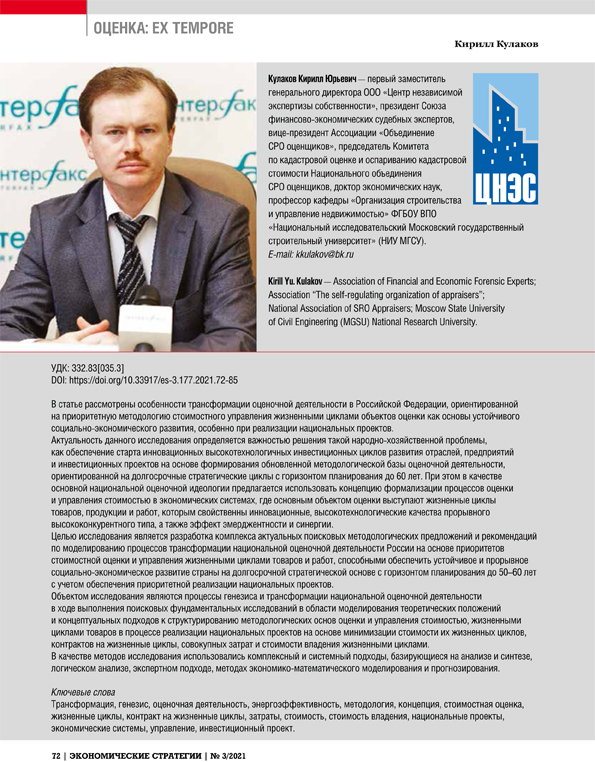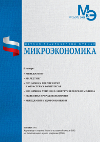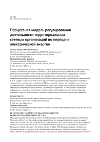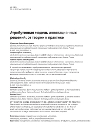DOI: 10.33917/es-2.194.2024.108-115
The purpose of the study is to develop the bases of a methodology for compatibility of paradigms of society and its subsystems based on the compatibility of human needs and social values. The growing paradigmatic field of society is examined. The author studies expanded composition of the society subsystems based on the spheres of its life activity. He also defines and presents the compatibility of the society subsystems and the subsystems of an organization as a “unit” of society. A list of the main paradigms in the hierarchy of society subsystems is compiled. The role and significance of the methodology fundamentals for compatibility of the society paradigms are substantiated.
References:
1. Spenser G. Sotsial’naya statika [Social Statics]. Moscow, Yurayt, 2023, 424 p.
2. Shpengler O. Zakat Evropy. Vol. 2. Samosoznanie evropeyskoy kul’tury XX veka [The Decline of Europe. Vol. 2. Self-awareness of the European Culture of the Twentieth Century]. Moscow, IPL, 1991.
3. Kun T. Struktura nauchnykh revolyutsiy [The Structure of Scientific Revolutions]. Moscow, AST, 2020, 320 p.
4. Toynbi A. Issledovanie istorii. Vozniknovenie, rost i raspad tsivilizatsiy [A Study of History. The Emergence, Growth and Disintegration of Civilizations]. Moscow, AST: AST MOSKVA, 2009.
5. Bondarenko O.Ya. Sbornik dokladov po teorii i filosofii edinogo polya (Podgot. na osnove serii knig “Filosofiya Edinstva”) [Collection of Reports on the Theory and Philosophy of the Unified Field. (Podgot. based on the Book Series “Philosophy of Unit y”)]. Bishkek, 2000.
6. Deyl S. Tonkoe telo. Polnaya entsiklopediya bioenergeticheskoy meditsiny [The Thin Body. The Complete Encyclopedia of Bioenergetic Medicine]. Moscow, Eksmo, 2013.
7. Maslou A. Motivatsiya i lichnost’ [Motivation and Personalit y]. 3rd ed. Moscow, Piter, 2013, 351 p.
8. Berezina T.N. Rezervnye vozmozhnosti cheloveka [Human Reserve Capabilitie]. Moscow, Kogito-Tsentr, 2000.
9. Morozov V.A. Sovmestimost’ sotsial’no-ekonomicheskikh sistem. Osnovy teorii sovmestimosti [Compatibility of Socio-economic Systems. Fundamentals of the Theory of Compatibility]. Moscow, Ekonomika, 2013.
10. Panov P.V. Instituty, identichnosti, praktiki: teoreticheskaya model’ politicheskogo poryadka [Institutions, Identities, Practices: a Theoretical Model of the Political Order]. Moscow, Rossiyskaya politicheskaya entsiklopediya (ROSSPEN), 2011, 230 p.
11. Kleyner G.B. Strategiya predpriyatiya [Enterprise Strategy]. Moscow, Delo, 2008.
12. Morozov V.A. Obshchestvo i ekonomika vzaimodeystviya [Society and Economics of Interaction]. Monografiya. Vol. 2. Moscow, Kreativnaya ekonomika, 2017.
13. Morozov V.A. Dukhovnaya ekonomika i sovmestimost’ obshchestva. Teoriya sovmestimosti [Spiritual Economy and Compatibility of Society. Compatibility Theory]. Moscow, Izdatel’sko-torgovaya korporatsiya “Dashkov i K°”, 2021, DOI: 10.29030/978-5-394-04571-4-2021-5-577.
14. Chalmers D. The Conscious Mind: In Search of a Fundamental Theory. N.Y., Oxford Universit y Press, 1996.






